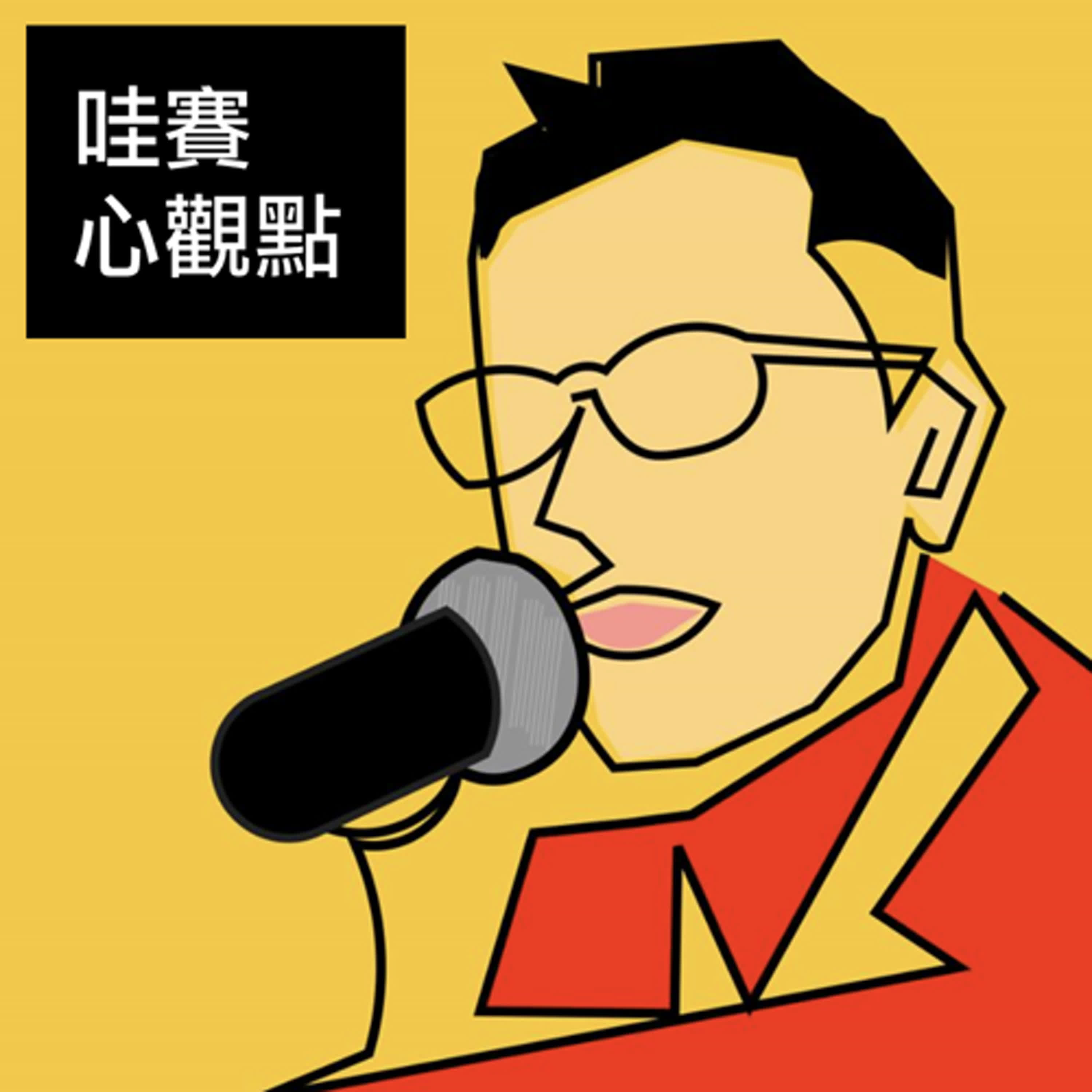
同理心對話,陪伴求助者長出生命力量 ft.郭于誠醫師|哇賽心觀點ep134
哇賽心理學
Deep Dive
Why did Dr. Guo Yu-Cheng choose to specialize in radiation oncology despite the emotional challenges?
Dr. Guo initially chose radiation oncology because of his interest in physics, as radiation involves physical principles. Over time, his perspective shifted when his mentor emphasized the importance of being a doctor who accompanies patients from diagnosis to the end of life, not just treating the disease. This holistic approach transformed his view of the role.
How did Dr. Guo's experience with home hospice care change his perspective on patient care?
Dr. Guo initially resisted home hospice care but was deeply moved when he saw the struggles of a patient's family. A patient's daughter-in-law had to carry the patient downstairs to catch a taxi for hospital visits. Witnessing this hardship made him realize the profound impact of small changes, and he began to embrace home hospice care as a meaningful part of his practice.
How did Dr. Guo handle a patient who refused treatment due to religious beliefs?
Dr. Guo engaged the patient by aligning with their belief system. When a patient claimed that 'Mazu' (a deity) told them not to treat their cancer, Dr. Guo humorously suggested he might be sent by Mazu to help. This approach built trust, and the patient eventually agreed to treatment, leading to the discovery and successful management of multiple cancers.
What approach did Dr. Guo take when a patient questioned why they were the ones suffering from cancer?
Dr. Guo addressed the patient's emotional struggle by directly asking if they felt it was unfair. This acknowledgment of the patient's feelings helped them open up and process their emotions. By validating their experience, Dr. Guo was able to build trust and guide them toward accepting treatment.
Why did Dr. Guo write a book that combines humor and art for cancer patients?
Dr. Guo was inspired by a patient who asked for a book that could make them laugh, challenging the notion that cancer patients can only cry. He collaborated with an art therapist to create a book that uses humor and illustrations to help patients and others navigate life's challenges, fostering emotional healing and self-expression.
How does Dr. Guo handle situations where families want to hide a cancer diagnosis from the patient?
Dr. Guo encourages families to be honest by asking if they would want their own diagnosis hidden. He offers to deliver the news himself, ensuring the patient has family support during the conversation. This approach helps families understand the importance of transparency and empowers patients to make informed decisions.
What is the purpose of Dr. Guo's podcast 'The Table Next Door'?
The podcast aims to provide support and guidance to those navigating cancer and caregiving. It features informal conversations with doctors, patients, and others who share their experiences, creating a relatable and accessible resource for listeners.
Why does Dr. Guo emphasize the importance of regular health check-ups?
Dr. Guo highlights that many cancers, especially in early stages, are asymptomatic and can only be detected through health check-ups. Early detection significantly increases the chances of successful treatment, making regular check-ups a critical preventive measure.
- 医生通过了解患者的顾虑,而非直接反驳,来化解患者的抗拒情绪。
- 一个成功的案例:医生巧妙地将自己比作‘妈祖派来帮助患者的人’,成功说服患者接受治疗。
- 并非所有案例都能成功,医生需要尊重患者的选择。
Shownotes Transcript
本集金句 「治療的開始,來自於被看見與被理解」 「有時候不是藥治好了病,而是信任帶來了力量」 「誰說生病的人只能哭,生病的人也有能笑的權利」 本集重點 。醫療總是冷冰冰?醫生也可以很暖! 。從"只想醫病"到"有始有終陪伴"的轉捩點 。當病人說「是媽祖叫我不要治療!」 。當病人說「為什麼是我!為什麼不是他!」 。當家屬說「醫生你不要告訴他他得了癌症」 。寫一本能讓病人笑著看的書 。Podcast推薦《隔壁的桌子:本日休診》 推薦閱讀: 對話──大郭醫師的癌症診間微光故事 https://bit.ly/4ai8viV 對話對畫:陪伴生命長出力量 https://bit.ly/3W1APQu 隔壁的桌子podcast https://apple.co/41Q4u2O) 點亮心燈,贊助支持哇賽心理學:https://portaly.cc/onyourpsy/support) 留言告訴我你對這一集的想法: https://open.firstory.me/user/ck7t2fz77qu7g0873ln5hz5cl/comments) 若你覺得我們節目不錯,請記得要訂閱哦。也歡迎來跟我們聊聊 https://portaly.cc/onyourpsy) - 主談人:蔡宇哲博士、.郭于誠醫師 Powered by Firstory Hosting)